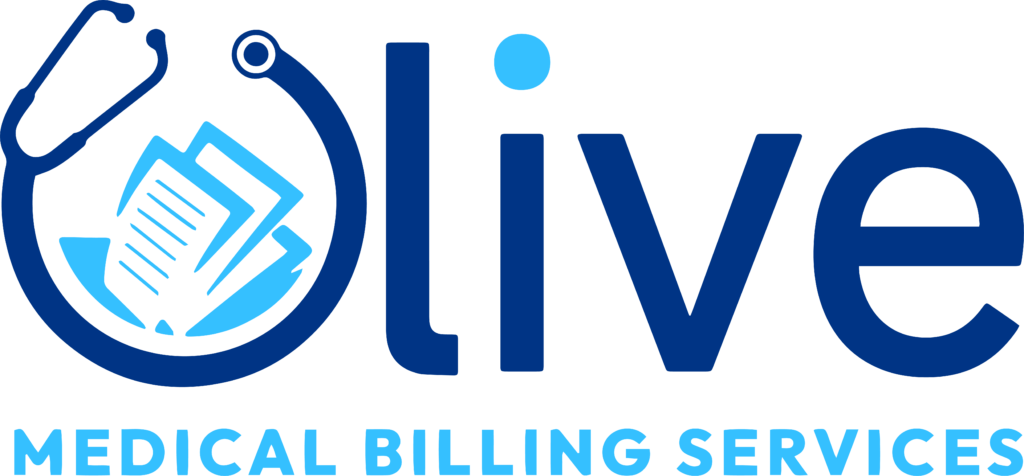Revenue Cycle Management
- Home
- Revenue Cycle Management

Overview of Revenue Cycle Management
Revenue Cycle Management (RCM) involves overseeing the entire financial process from patient registration to final payment. It ensures that healthcare providers are paid accurately and on time for their services. Effective RCM reduces errors, minimizes claim denials, and improves cash flow. This process is vital for maintaining a healthcare organization’s financial health and sustainability.
Revenue Cycle Management (RCM) is a comprehensive process that manages the financial journey of a patient’s healthcare experience, starting from the moment they schedule an appointment to the final payment of their bill. It integrates multiple administrative and clinical functions to ensure that healthcare providers receive timely and accurate reimbursement for the services they deliver. RCM combines patient registration, insurance verification, medical coding, billing, and collections into one seamless workflow. This holistic approach helps organizations optimize revenue while reducing administrative burdens.
One of the key components of RCM is patient registration and insurance verification. Collecting accurate patient information and confirming insurance coverage before services are rendered reduces the chances of claim denials and delayed payments. When insurance details are verified upfront, providers can inform patients about their financial responsibilities, improving transparency and patient satisfaction. This initial step sets the foundation for a smoother billing process and fewer financial surprises.
Medical coding and billing are integral parts of RCM. Coders assign standardized codes to diagnoses and procedures based on clinical documentation, which billers use to create insurance claims. Accurate coding ensures claims are processed without delays or denials. Additionally, billers track claims throughout the payment cycle, following up on denials and unpaid bills. Efficient management of these tasks helps maintain a steady cash flow and reduces the financial strain on healthcare organizations.
Another critical aspect of RCM is denial management and collections. Denied or rejected claims can cause significant revenue loss if not handled promptly. An effective RCM process includes identifying the reasons for denials, correcting errors, and appealing when appropriate. Timely follow-up with insurance companies and patients ensures that payments are collected efficiently. Strong denial management safeguards against revenue leakage and improves overall financial performance.
In conclusion, Revenue Cycle Management is essential for the financial health of healthcare providers. By streamlining the entire revenue process, RCM reduces errors, accelerates payments, and enhances patient experience. As healthcare becomes more complex, investing in advanced RCM systems and trained professionals is vital for sustaining profitability and delivering quality care. Effective RCM ultimately supports the mission of healthcare organizations by balancing financial stability with patient-centered service.
Importance of Staff Training in RCM
Well-trained staff are crucial to the success of revenue cycle management. They need to stay updated on coding standards, payer requirements, and compliance regulations. Regular training reduces errors in billing and documentation, minimizing claim denials. Investing in employee education improves overall revenue performance and patient satisfaction.

Get Quote Now
Get a personalized quote now and discover how our billing solutions can save you time, reduce errors, and increase your revenue.
